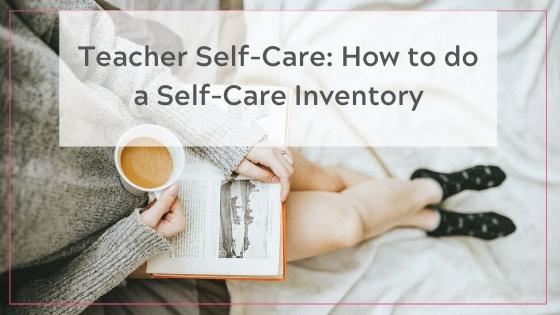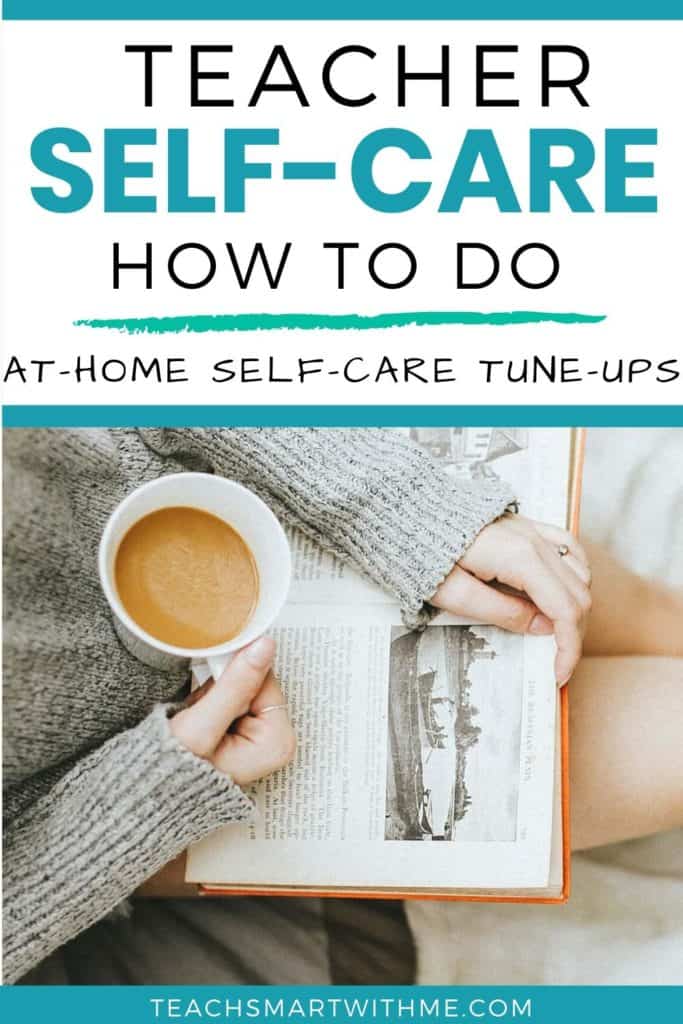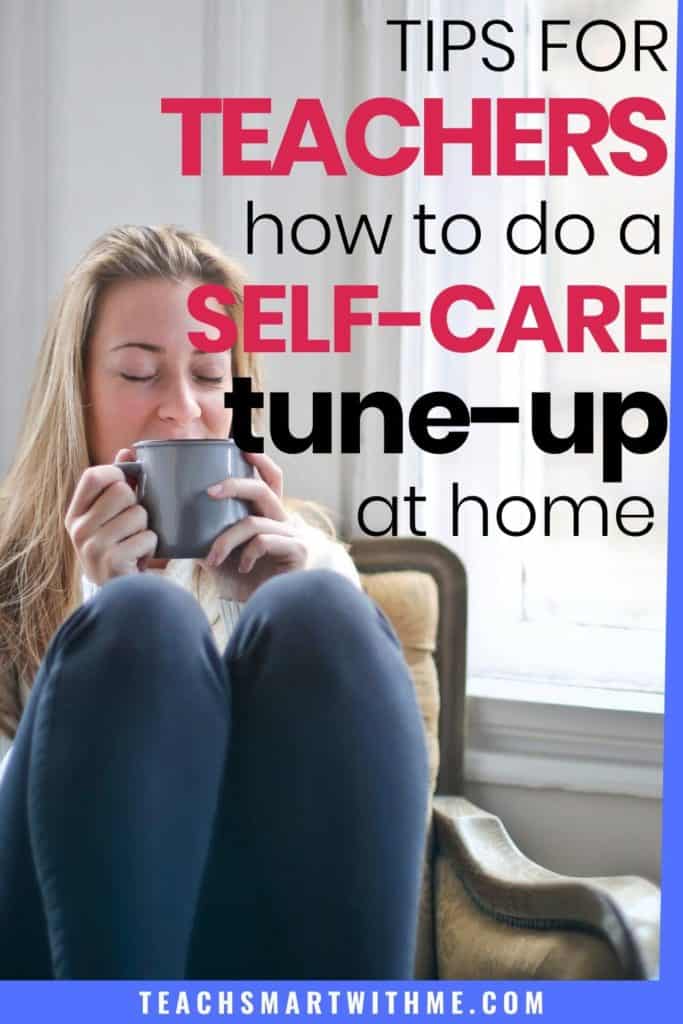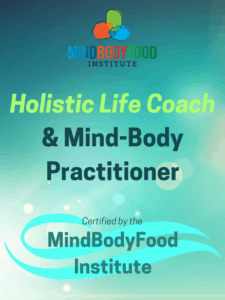
While working from home, now is the perfect time to make an appointment with yourself and start to take teacher self-care seriously. Find out how to do an at-home self-care audit to boost your energy and support your health and wellbeing.
There’s no time like the present! Right?
While you’re here, get the FREE Self-Care Calendar for some quick and easy self-care ideas:
But, you might be thinking – What’s a teacher self-care inventory?
Before I go into this, I want to state some important things I’ve observed about what’s happening for teachers lately.
You’ll have noticed, that while you’re trying to support students working from home, it’s quite a different space to be in. It’s different… and it can be very difficult.
But recently my beautiful blogging friend, Kelsie from Simply Bentley, described this time as an ‘inconvenient blessing.’
When you think about it, that’s a pretty profound statement.
Yes, you might feel that it’s inconvenient in so many ways – even hugely stressful. But…you can focus on this… or you can choose to find the simple blessings in your circumstances.
Not feeling the blessings?
I know we’re all stuck at home, finding our new normal with our family around us 24/7.
Some schools are still open, particularly in Australia. And teachers are having to summon-up all their courage to brave being at school, and then juggle supervising the students that are turning up; as well as provide engaging at-home learning experiences for the others.
It’s a huge ask!
So, all of this, plus trying to balance work, make sure their own kids are tended to and get all the other mum things done; in addition to being a wife and a partner (if that’s you). It’s massive. I know so many of you are feeling it!
But, if I can say this…try and stay as positive as you can. Be thankful for the small things — and certainly, try and protect your energy.
If you can use this time to prioritise YOU, you might even find some benefits of working at home or the change in your schedule, and this could turn out to be a perfect time for an at-home self-care inventory!
If this is you, let’s look at what can be done to take a serious look at teacher self-care, so that you’ll stop the energy depletion and curb the spiral into burnout.
That’s right – teacher burnout and self-care are linked!
But if anything, if you don’t take care of yourself, you can’t help others – particularly your beautiful students. Positive Psychology says that caring for yourself is the best gift you can give to your students.
So… get your planner out and schedule some YOU time…
Use this FREE Self-Care Calendar to find out some easy ways to add self-care into your day:
Time for an at-home self-care tune-up!
Cheryl Richardson, in her book, The Art of Extreme Self-Care, describes the importance for busy women to apply an extreme self-care approach that encompasses all areas of your life – career, spiritual wellbeing, relationships and so on.
But, a self-care inventory or tune-up relates not necessarily to the things that are typically written about – like diet, exercise and losing weight.
Instead, it’s focusing on the actions you take to make sure your body is in the best shape it can be in right now.
Cheryl Richardson
This is so important for all teachers, especially now, because this could be one of the most stressful times you’ve ever experienced as a teacher (or maybe not). But I know that all teachers do need to guard their energy and stop the depletion that’s happening to them.
Making time for self-care would have to be the best investment you could make in your health right now.
So, the first thing to do for a self-care tune up is…
Take stock of your health
Cheryl explains that when we get really busy and overwhelmed, as teachers do, it’s far too easy to take our body for granted. Many of us over the years, put off the important health appointments that are directly related to our health and it’s often not until we have a health crisis that we begin to value the maintaining and caring of our bodies.
I know I have been guilty of this over the years. What about you?
When this happens over a long period of time, burnout can take hold. Because your energy becomes low and you’re not resilient as you once were. This then can impact whether you are able to cope with the huge teaching workload and demands you have, each and every day at school.
Taking stock of your health definitely needs to happen ‘before a problem arises’.
So, like never before teacher self-care has become urgent.
And while you’re at home, maybe with more flexibility than when you are working at school, or if you can find yourself a bit of extra time, this would be perfect to take an overall health assessment.
The first things Cheryl suggests to think about on your taking-stock agenda is…
1. Is there any health-related issue that you’re concerned about?
Review your own personal health. Is there anything that’s worrying you and needs attention right now? Write these down.
It might be something as simple as not sleeping well, or being worried about a mole that needs to be checked out – It could be anything. But these things can be important factors in the quality of your mood and energy levels.
2. Is there something about your physical appearance that you feel self-conscious about?
This might be things like crooked teeth or your feet being sore when you’re standing all day. Maybe it’s that you’re feeling uncomfortable about your weight at the moment.
Having these complaints can really affect the quality of your life and your overall mood too.
3. Are you overdue for a routine maintenance appointment?
The next step for your at-home self-care inventory is to check on the regular self-care items that might need attention:
- When was the last time you had a manicure or pedicure?
- What about a facial?
- When did you last have a mammogram?
- Or a complete physical?
- Or a trip to the dentist?
- How’s your back? Do you need to make an appointment with the chiropractor?
- Are you happy with your hair?
These are just some examples of basic body-care that impact on your emotional and physical wellbeing.
N.B. If you say you’ve been meaning to get that done to any of these things – it’s probably a sign it does needs your attention.
Get the care you deserve
1. Take charge of your health
When you’re following an extreme self-care approach, and as part of a tune-up, Cheryl recommends to take full responsibility for your own health – Don’t just rely on the health-care professionals to tell you what to do.
She recommends getting educated about your body; like listening to health podcasts or online content; reading books that explain how the body works or exploring complementary or alternative treatment options.
Learning about nutrition, exercise and healthy cooking is also helpful too.
Knowing about your health will help empower you to deal with any health issue, if and when it arises.
2. Listen to your body
This is such an important thing for us to do. Our body is very clever about knowing what it needs.
But the more overwhelmed you get, often you can miss the important signals that your body is telling you.
Things like: Do you eat when you’re hungry? Sleep when you’re tired? Take a break when you’re stressed?
Hey, don’t shoot the messenger here! haha!
I know as a teacher, these signals are ignored on a daily basis, but paying attention to these signs will help you to know the shape your body.
As best as you can, set some clear and healthy boundaries for yourself… Because if you continue to neglect your needs, one day, you might find yourself laid up with a bad back because the little twinges you felt were being ignored,
Cheryl says, that by learning to connect your brain with your body, it will help protect your physical health and assist you to choose better options that honour your well-being.
This regular check-in with your body, and then responding to its needs, assist it to be a wise and trustworthy partner.
Don’t forget to take advantage of the FREE Self-Care Calendar HERE:
3. Choose health partners, not parents
Be careful about who you choose to partner with for your health needs. Find someone who treats you like an equal and who is committed to working with you in all your health and body-care needs.
I think this is wise advice for us all!
4. Find the right emotional support
When a health issue arises, it’s important to know who you can rely on for support – someone who is strong in the face of crisis and rates low on the drama scale – someone who provides you with the necessary emotional support you need.
Don’t choose a person that you’ll have to pander to and shelter, because they’re obviously not going to be able to cope and give you the assistance you need in a health crisis!
5. Know what you need to know when you need to know it
If you’re having some tests done, make sure you find out the important things; like a) When will you get the results and how will you be notified, b) If you can get a copy of the results or get them sent directly to you.
A final word on a self-care inventory
I really love some of these tips that form part of an extreme approach to self-care, especially for overwhelmed teachers. You might not have thought of these suggestions as self-care, but clearly are required to support healthy wellbeing.
The tune-up idea is a must-do, to take a serious approach to self-care and help you review your overall health. It would have to be one of the most important investments of your time and energy.
So, be sure to make an appointment with yourself soon.
Don’t think a self-care tune-up is a waste of time as you don’t want to get to the point of burnout or worse still — serious illness before you do something to care for yourself.
Remember, self-care is not selfish!
Until next time
Michelle x
PIN THIS FOR LATER!


Related Articles:
How to Make a Self-Care Kit for Tired Teachers
How to Start a Self-Care Routine for Busy Teachers Today!
Healthy Teacher Tips: How to Add Walking to to Your Day
Fight Teacher Burnout With a Self-Care Day
References:
The Art of Extreme Self-Care by Cheryl Richardson, 2019.


Leave a Reply